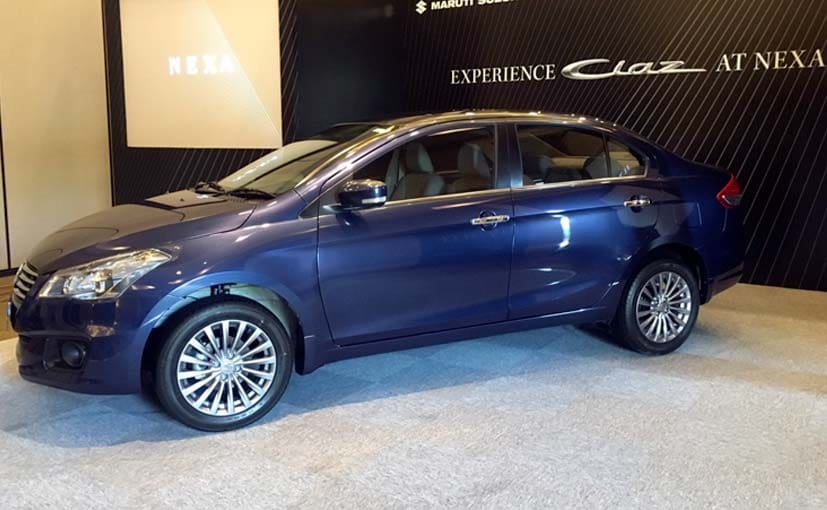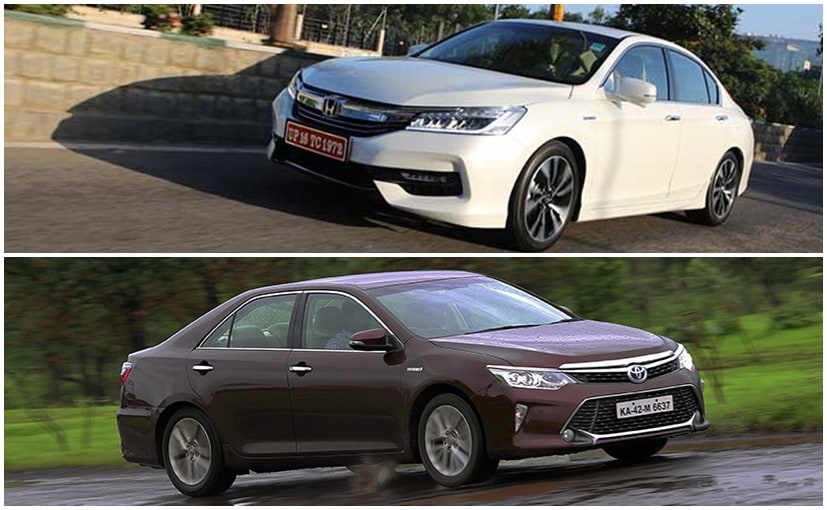GST Rates For Hybrid Vehicles May Be Reduced

Highlights
- Post GST, taxes on Hybrid cars was increased from 30.3 to 43 per cent
- Reducing GST rates on Hybrid cars will make the technology more popular
- Automakers like Honda, Toyota and Volvo sell hybrid cars in India
On July 1, 2017, the Government of India rolled out the Goods and Services Tax reforms. GST, one of the biggest economic reforms in recent Indian history had several implications with certain products and services becoming considerably more expensive as compared to earlier. The auto industry though rejoiced as the new country wide rates made it easier for manufacturers to do business and also gave rise to the one country one price principle. With cheaper hatchbacks, sedans, SUVs and even electric cars, the Indian public too now has to pay less. Sadly though, the only type of 4-wheeled automobile that became more expensive were the cars and SUVs that packed hybrid technology under the skin. All hybrid cars and SUVs went from being taxed at 30.3 per cent to 43 per cent - an increase of 13.3 per cent. Hybrids, now classified under the highest GST tax slab immediately took a hit in prices with an increase of a few thousand to a few lakh rupees across various models like the Toyota Prius and Camry hybrid to the Volvo XC90 T8 plug-in hybrid. Considering the fact that hybrid cars are the immediate future in terms of moving to cleaner and more fuel economical transportation, this move by the Indian government was a little disappointing. However, there seems to be some good news around the corner. According to Central Board of Excise and Customs (CBEC) Chairperson Vanaja Sarna the next GST council meeting which is due to be held at August 5 is likely to review the rates for hybrid cars.
Earlier, Arun Jaitley, Finance Minister, Minister of Defence and Minister of Corporate Affairs had mentioned that there will be no review on GST rates for hybrid cars in India.

Maruti Suzuki Ciaz
With the Indian government pretty vocal on reducing emissions caused by automobiles in the near future and with plans to go all-electric as early as 2030, the reduction of GST hybrid vehicles will come as a huge boost to automakers who are keen on bringing this modern tech to India. Manufacturers like Honda, Toyota and Volvo already sell hybrid cars in India while Maruti Suzuki sells cars with mild hybrid technology. Automakers like Volkswagen, who were keen on launching the new Passat in India with only hybrid technology have also reconsidered their position and will eventually be launching only normal internal combustion engine (petrol and diesel) powered versions.

The drop in hybrid taxation may also push larger manufacturers like Maruti and Hyundai (both of which readily have full fledged hybrid programs) to bring these environmentally friendly automobiles to the country in the mass market segments like the sub 4-meter SUV and premium hatchback. Although it is uncertain what the reconsidered tax slab for hybrid cars is likely to be, we would hope to see them at a similar level to the tax imposed on electric cars (12 per cent) or maybe slightly higher.














